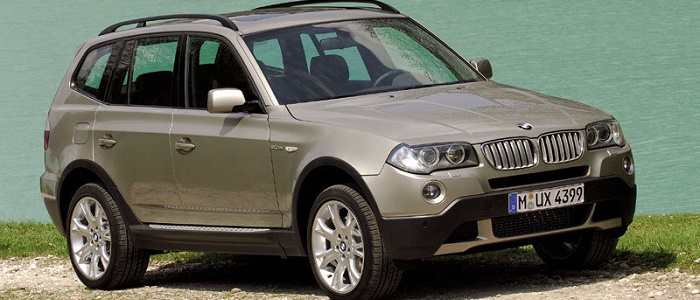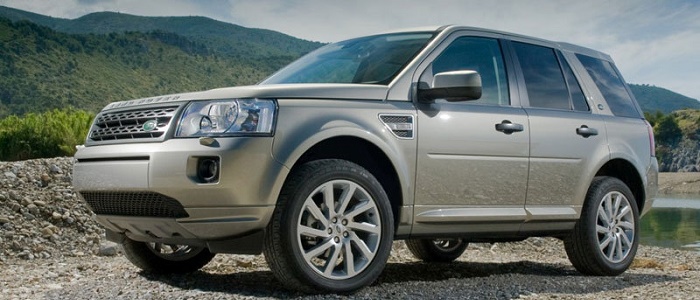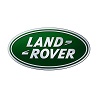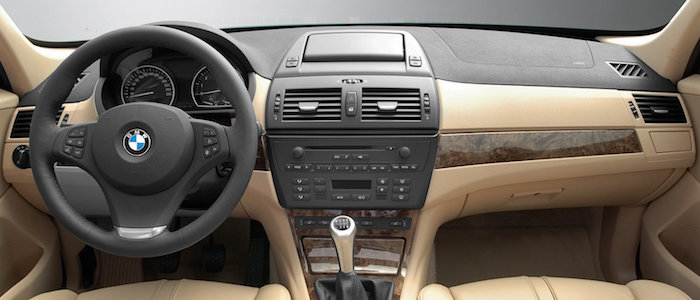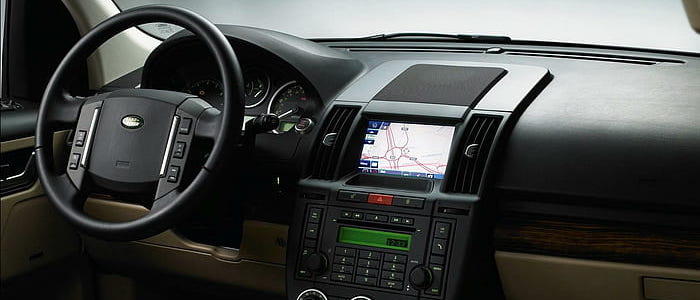Compare two cars
Compare any two cars and get our Virtual Adviser™ opinion
Marketing
Dimensons & Outlines
Engine
Performance (manual gearbox)
Performance (automatic gearbox)
Expenses
Virtual Adviser's™ opinion
Well, these are two pretty similar cars we have here! It's only details that could potentially make the difference. Considering they both belong to the suv segment and utilize the same 5-door suv body style and the 4 x 4 wheel drive system, it all comes up to the specific petrol engine choice they offer. The first one has a BMW-engineered powertrain under the hood, a 6-cylinder, 24-valves 218hp unit, while the other one gets its power and torque from a 6-cylinder, 24-valves 235hp engine designed by Volvo.
SafetyBoth vehicles got tested by European New Car Assessment Programme (Euro NCAP), with the Land Rover being a slightly better choice apparently. That aside, let's consider some other aspects which affect safety. Both vehicles belong to the suv segment, which is generally a very good thing safety-wise, but that fact doesn't break the tie between the two cars. On the other hand, if we'd like to consider vehicle mass in this context too, which we definitely should, the British car offers a marginal difference of 5% more metal.
ReliabilityManufacturers have been building their reliability reputation for decades now and, generally speaking, it appears that BMW does have a slight advantage, all the models observed together. These are the official statistics, while our visitors describe reliability of BMW with an average rating of 4.2, and models under the Land Rover badge with 3.8 out of 5. The same official information place X3 as average reliability-wise, and Freelander is more or less at the same level.We should definitely mention that owners of cars with the same powertrain as the German car rank it on average as 3.8, while the one under the competitor's bonnet gets 4.7 out of 5.
Performance & Fuel economyBMW is a bit more agile, reaching 100km/h in 0.4 seconds less than its competitor. In addition to that it accelerates all the way to 210 kilometers per hour, 10km/h more than the other car. When it comes to fuel economy the winner has to be the German car, averaging around 9.3 liters of fuel per 100 kilometers (30 mpg), in combined cycle. We can't ignore that 20% difference compared to the British car.
Verdict
BMW appears just a bit more reliable, although the difference is truly marginal. The most important thing when deciding between any two vehicles should always be safety, both passive and active. In my opinion, everything taken into account, the British car offers much better overall protection, which launches it ahead of the other contender. From there things take a different direction, with BMW offering somewhat better performance, just enough to call it quicker. To make things even better, it consumps less fuel! No mistake, whatever you decide here, but I'd still go for the BMW. Nevertheless, let's not forget that people have different preferences and needs, so what really counts is your personal feel. I'm only here to help. Also, you could use the oportunity to find out which car, everything taken into account, would be the perfect choice for you in the eyes of the virtual adviser™, among thousands of similar, yet so different vehicles.























